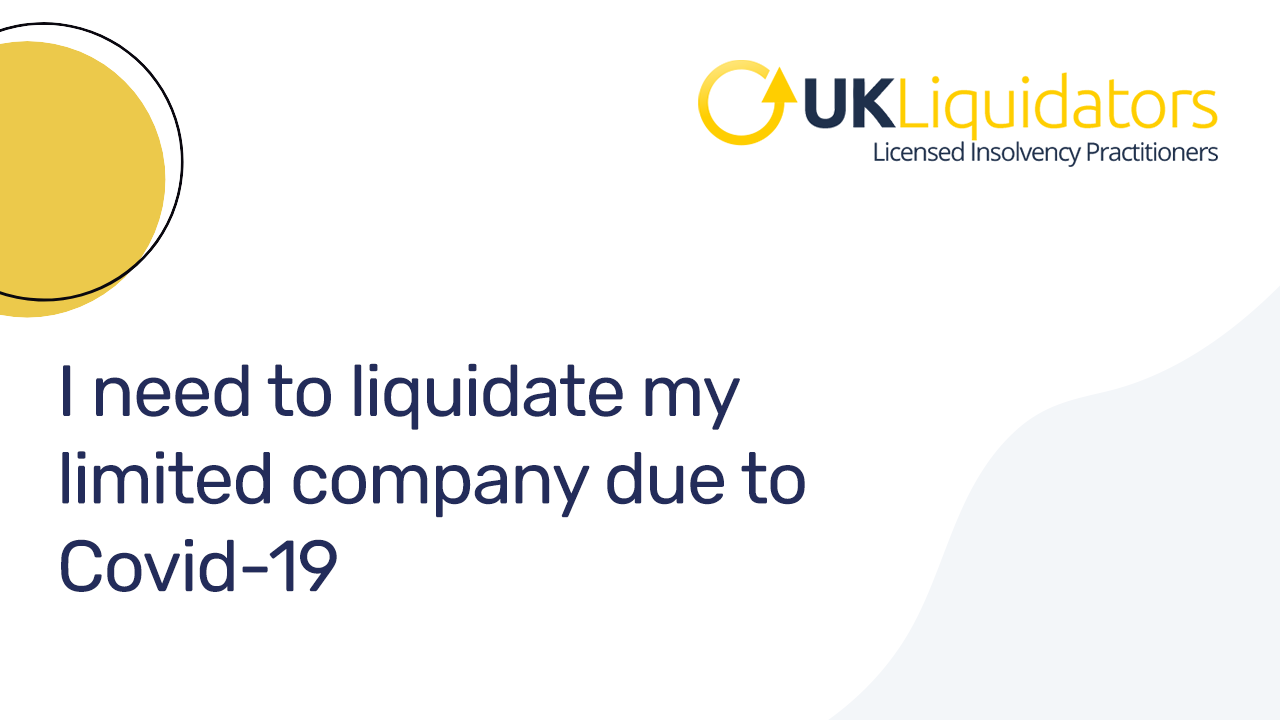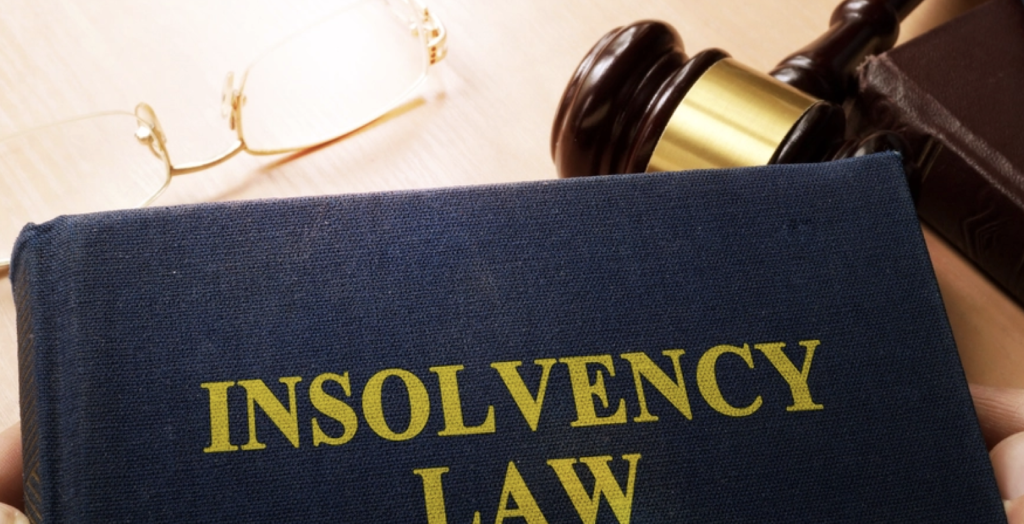Getting My Insolvency Practitioner To Work
Getting My Insolvency Practitioner To Work
Blog Article
Fascination About Insolvency Practitioner
Table of ContentsInsolvency Practitioner - The FactsInsolvency Practitioner for BeginnersThe Single Strategy To Use For Insolvency PractitionerUnknown Facts About Insolvency Practitioner7 Simple Techniques For Insolvency PractitionerThings about Insolvency PractitionerA Biased View of Insolvency PractitionerInsolvency Practitioner Can Be Fun For AnyoneThe Greatest Guide To Insolvency Practitioner
This can happen for a number of reasons, consisting of poor financial administration, unforeseen costs, or a modification out there. If a firm is bankrupt, it might be required to fold or market off possessions to pay lenders. This can have a major impact on the business, staff members, and investors.
The Best Guide To Insolvency Practitioner
Various other factors for insolvency include scams, mismanagement, and unforeseen costs. When a firm comes to be financially troubled, its properties are utilized to pay off its debts. This can have a significant effect on the organization, as it may no more be able to continue operating. Insolvency can additionally bring about job losses and the closure of companies.
This can have major ramifications for the business, its stakeholders, creditors and the economic climate. The business may be forced to sell properties, gave up staff or also fold. This can have a knock-on impact on the regional community and the economy in its entirety. Lenders may be excluded of pocket and the firm's shareholders might see their investment go away.
Bankruptcy is the procedure wherein a firm is ended up and its properties are marketed off to pay financial institutions. This is usually the last resource, as it can have an extremely unfavorable result on the company's reputation. Receivership takes place when a business is incapable to pay its debts and is put under the control of an outside administrator.
The smart Trick of Insolvency Practitioner That Nobody is Talking About
Volunteer management resembles receivership, but it is initiated by the directors of the business as opposed to the financial institutions - Insolvency Practitioner. This option is frequently made use of when a company is dealing with economic problems however there is still really hope that it can be reversed. Corporate bankruptcy is a complicated and significant issue that can have far-ranging effects for services of all sizes
With the right aid, you can make sure that your company has the best possibility of weathering this tough time.
The Insolvency Practitioner Ideas
Whatever your factor for shutting your service, there are lots of factors to consider you need to attend to prior to 'closing the doors'. There's also a great deal you can do to make the procedure much less stressful and improve results. Closing down your business is not almost meeting the useful and legal demands.
Deal with your staff members As a company, you need to keep an eye on and provide support to your employees throughout this demanding time. Know any possible health and health and wellbeing issues they might experience because of: job insecuritytransitioning through the sale of the businesschange in owners. You can: There are broadly 2 situations in which you would voluntarily shut your organization.
You also: don't intend to, or can not, market the businesshave no-one to take it over. You're most likely to have time to plan your closure. This will help you to: close efficientlymeet your lawful obligationssave moneytake away optimal revenues. You may be closing your business due to the fact that: it's not covering its expenses and operating costsyou can't maintain the operating prices while attempting to market it.
Insolvency Practitioner Fundamentals Explained
There are numerous points you need to attend to prior to closing your service. Your accountant, solicitor or organization consultant will be able to aid you with this.

You need to settle all tax problems for your organization, even if it's no longer trading. This includes your responsibilities regarding payment of: edge advantages taxpay-as-you-go (PAYG)superannuationemployment termination.
The Basic Principles Of Insolvency Practitioner
Insolvency occurs when your business can not pay its debts, which can result in your business closing down. Various bankruptcy treatments apply to people and business.
If you try to take care of it on your own, you'll require to connect with every creditor individually to attempt to negotiate regular repayment quantities. Bankruptcy or bankruptcy advisors can: support you with the processhelp you recognize your optionsnegotiate with your financial institutions on your behalf. They hold specific licences and certifications in this specialised field.
An Unbiased View of Insolvency Practitioner

Personal insolvency for sole traders and people within collaborations Individual insolvency procedures apply to: Prior to beginning a personal bankruptcy process, it's essential to recognize the: effect of the consequenceshow long the effect will certainly be., likewise recognized as a Component IX agreement, allows you, or the selected manager, to negotiate with your creditors to pay a percent of the combined financial obligations over a duration of time to your administrator, instead than trying to proceed making payments to each creditor.
Company bankruptcy and liquidation An 'financially troubled firm' is not able to pay its financial obligations or cover the price Bonuses of its overheads. In some situations, bankrupt business may enter into liquidation. Liquidation is when an independent licensed liquidator is appointed to take control over the firm and wind up the firm organization in an organized way.
Insolvency Practitioner - Truths
As kept in mind in the Introduction, while the report shares specific preferences relative to a few of the more vital of these options, it does not attempt to establish criteria in this complicated area. Moreover, it might need to be upgraded in the future to consider growths in this field.
Sonia Piccinini devoted substantial time and effort in the prep work of this publication. The views shared in the report are those of the IMF's Legal Division and must not be associated to the Exec Supervisors or the Monitoring of the IMF. FRANOIS GIANVITI Current experience has actually demonstrated the degree to which the lack of orderly and reliable insolvency treatments can worsen economic and monetary situations.
Report this page